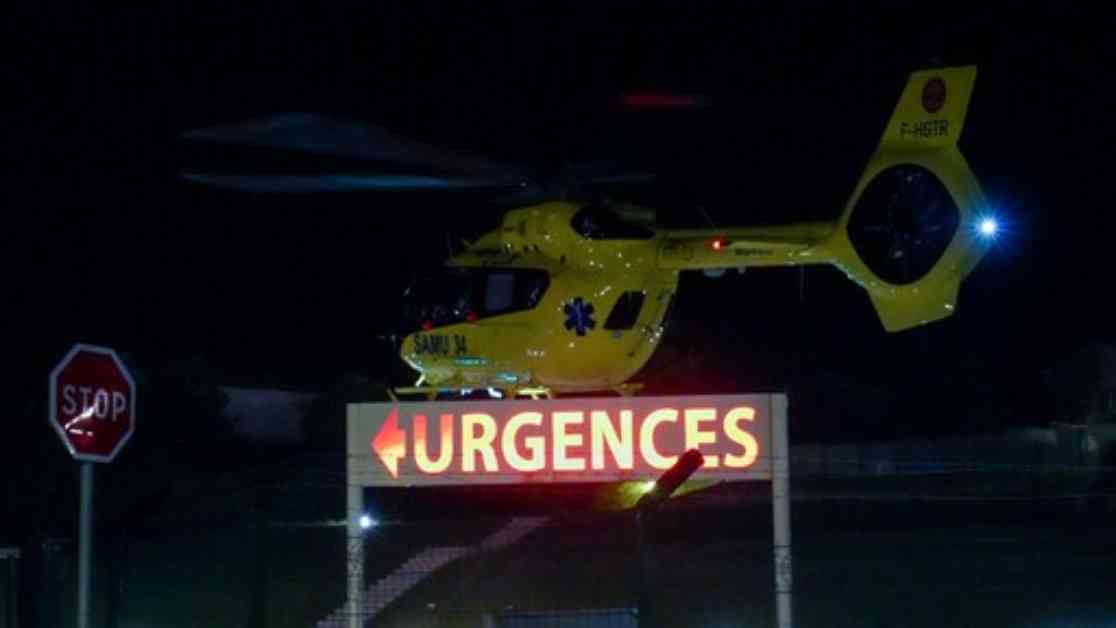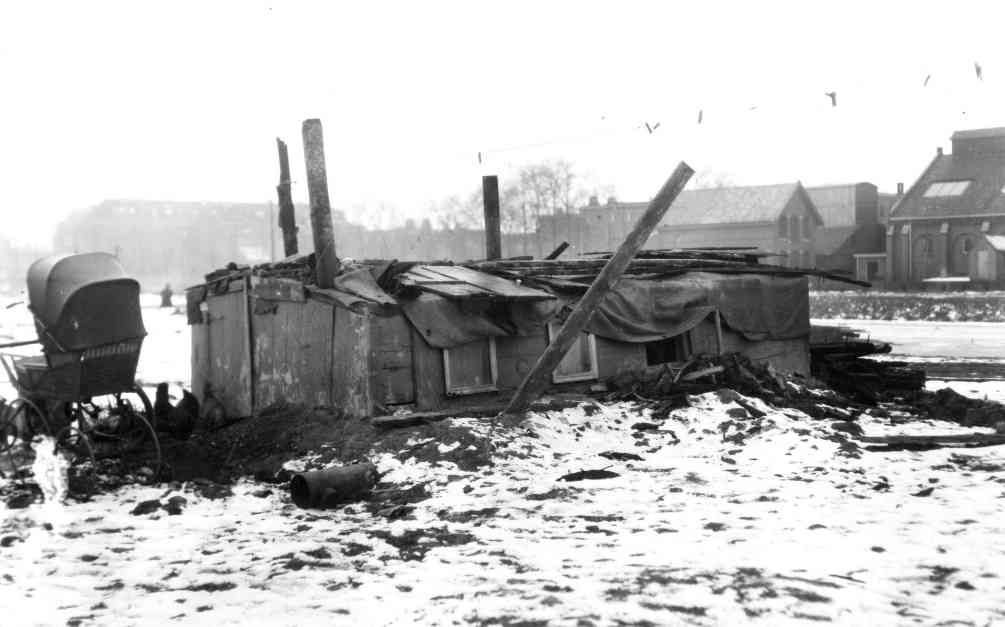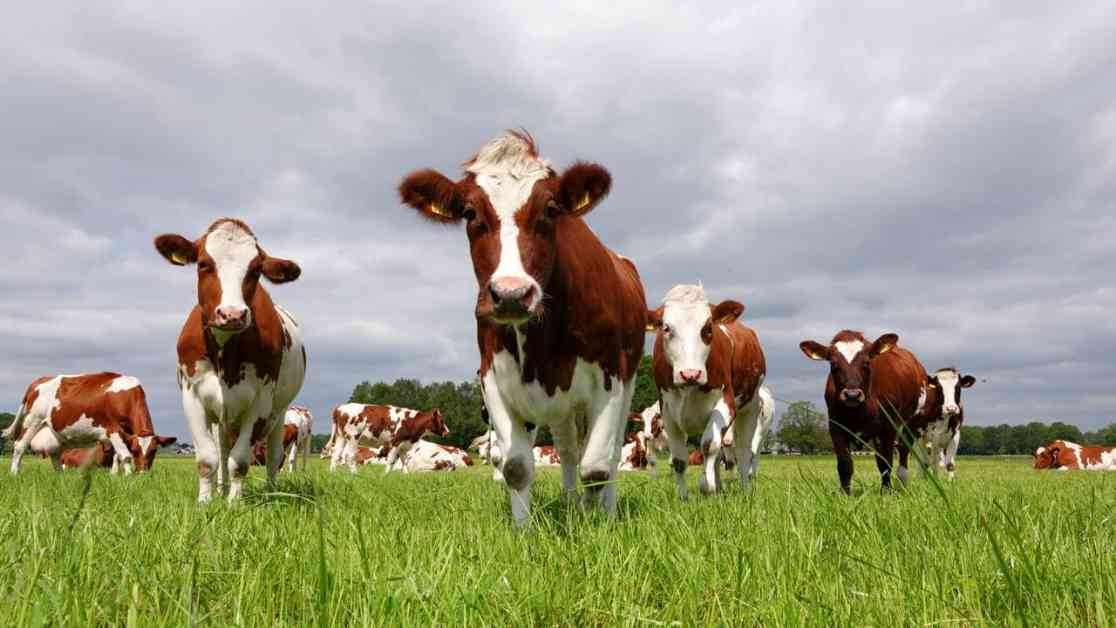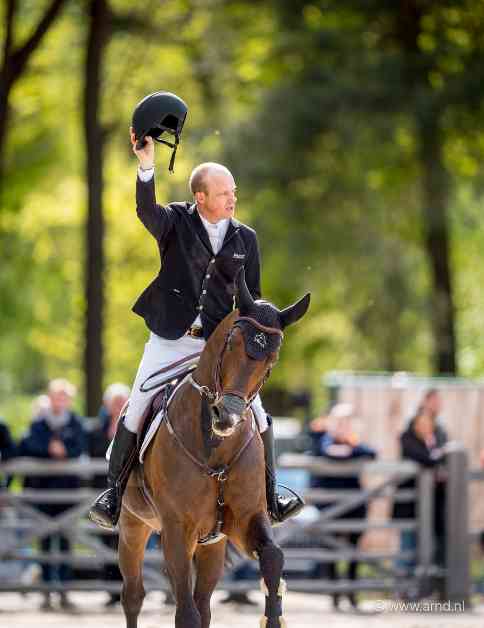After years of calm, whooping cough is making a comeback in Europe, according to Public Health France, which calls for vigilance. Croatia, Denmark and the United Kingdom are currently in an epidemic phase, with several hundred cases per week. The circulation of the bacteria is currently less marked in France, but it is tending to accelerate. In the first quarter of 2024 alone, 70 cases were reported to Public Health France, compared to only 18 for the whole of 2023. “The multiplication in the number of cases compared to 2023 and the sharp increase in grouped cases indicate a resumption of the circulation of the bacteria in the community which could intensify in the coming months,” warns the Health Agency in a press release, recalling at the same time the benefit of vaccination.
Whooping cough, which affects around 40 million people and causes 300,000 deaths worldwide, is particularly serious in infants under 3 months of age who have not yet been vaccinated. Infection can lead to life-threatening respiratory or multiorgan failure. It is even the leading cause of death from bacterial infection in this age group. It is also feared in the elderly (increased risk of rib fractures due to coughing, cerebral hemorrhage and secondary infection), people with chronic lung diseases and immunocompromised people.
In otherwise healthy adults, the infection is characterized by a persistent cough – most often at night – for more than a week (sometimes associated with vomiting), without fever in the majority of cases, with breathing difficulties.
This bacterial infection which attacks the lungs is particularly contagious, approximately ten times more than the flu. An infected person transmits the disease to fifteen other people on average. Transmission occurs via aerosols emitted when an infected person coughs. Treatment is based on antibiotics, both for the patient and those close to them.
This disease progresses in cycles of recrudescence every 3 to 5 years. Six epidemic peaks have thus occurred at regular intervals since 1997. “Since the last peak of whooping cough (162 cases reported), the number of cases has continued to decrease to reach 34 cases in 2022 and 4 cases in 2021 among infants aged less than 12 months,” indicates Public Health France. A rebound in the disease was logically expected for the 2021-2022 period, but this did not take place due to health measures to combat Covid-19. The resurgence currently observed is therefore nothing less than a catch-up.
Faced with this phenomenon, Public Health France recalls that vaccination is an effective means of preventing whooping cough. This has been compulsory since 2018 for infants from the age of 2 months, with boosters at 6 years, 11-13 years and until adulthood (25 years with possible catch-up up to 39 years). Vaccination has largely made it possible to reduce severe forms, hospitalizations and deaths. But in their first weeks of life, babies are not yet protected. Reason why vaccination is recommended for pregnant women between the 5th and 8th month of pregnancy: they produce antibodies which are transferred to the baby before birth.
The vaccine is also recommended for people at risk of severe forms of whooping cough, as well as for people in contact with young children (childcare professionals, healthcare professionals) and those working with the elderly. Because even in the absence of an epidemic, the bacteria constantly circulates quietly in adults. A French study showed that nearly 200 people out of 100,000 inhabitants over the age of 50 are infected at any given time, even if they only present mild symptoms. However, the bacterial infection, like the vaccine, does not confer lifelong immunity and it is therefore possible to contract the disease several times.




















